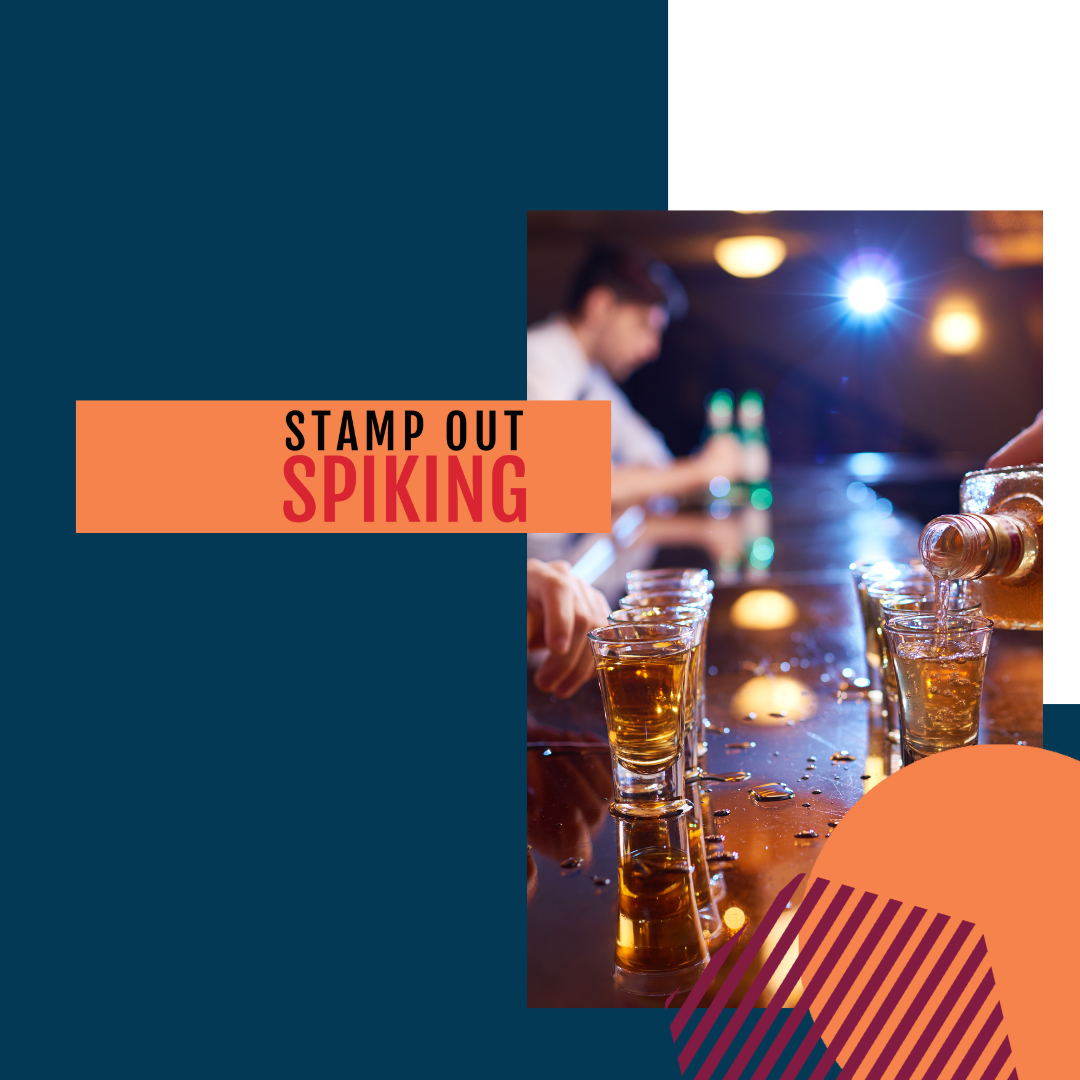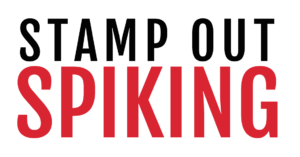Tell us a bit about yourself. Could you share your experience of being spiked and how it motivated you to launch Stamp Out Spiking?
I’m Dawn Dines, Founder and CEO at Stamp Out Spiking.
I first became aware of drink spiking back in 1989 when I was on an around-the-world trip and somebody kept trying to take me for a night out. And that’s where I caught him red-handed trying to put something into my drink. Coming from a strong family background, I was always made aware that these crimes were taking place, and to have it confirmed at such a young age made me very aware of my surroundings and the invisible crime of spiking that takes place on a global basis.
After sharing my experience in many different countries, I realised that spiking happens to men and women of any age, and it is normally associated with sexual assault and robbery.
Upon returning to the UK, I discovered that friends and family had been affected by this invisible crime. I realised that nobody was gaining any sort of justice, people weren’t being believed. I’ll never forget one young girl who I met in a nightclub toilet in Torquay – I gave her a drink cover and she broke down and cried. She told me how she’d been spiked and raped and her boyfriend and parents didn’t even believe her. I promised her that I’d get her some sort of justice one day, and that’s how Stamp Out Spiking started. I hope she’s seen me on Crimewatch or Good Morning Britain, has her own family now, and I’ve helped to keep them safe.
What were the initial challenges you faced when you first started the organisation? How did you overcome them?

After travelling all over the UK, I would meet the odd police officer who would go the extra mile and understood that spiking was taking place. I became aware through door security and victims that spiking was so prevalent, and we were just not gaining any convictions. This led me to meeting all of these victims across the country, hearing the most disgusting accounts of how they’d been raped and abused, how they had little to no chance of being believed or gaining any sort of justice. Spiking is the most horrific crime and left them with no memory. All they knew was that somebody had raped them.
I went on Dragon’s Den in 2003 to try and explain how sexual assaults were occurring after people had been spiked with too much alcohol – at this stage I didn’t really have the knowledge about what date rape drugs were doing to victims. In essence, I was too early to market.
What inspired you to develop the Award in Awareness of Spiking qualification? What specific gaps in the market did you identify?
After speaking to so many students and teaching on these issues across high schools, mainly around the South West, I realised that key safeguarding information was not being shared with the correct demographic. I devised an accredited course to share my key learnings globally, nationally and locally and this is the new Level 2 Award in Awareness of Spiking.
How will the Award in Awareness of Spiking impact the hospitality industry and wider society?
By gaining this qualification, we are not only giving a good insight to the individual, but this qualification will also set them up if they decide to go to college or university, they will know the typical signs and symptoms, how spiking is taking place, and most importantly an immediate call to action to safeguard themselves. This qualification will also be recognised within the hospitality industry as good practice, should any individual choose this career path.
Why did you choose to partner with BIIAB for the Award in Awareness of Spiking qualification?
I chose to partner with BIIAB because after reviewing all of the awarding organisations, I felt that we aligned best with the BIIAB as over 60% of these crimes take place in the day and nighttime economy. This felt like the ideal place to start, and this key safeguarding information can be shared through families, into communities and across the hospitality sector, giving us a chance to catch perpetrators in the act.
What are your future goals for Stamp Out Spiking and the Award in Awareness of Spiking qualification?
Our future goals for Stamp Out Spiking are to make it a sustainable charity, be a voice for victims, campaign for correct legislation, and most importantly to prevent spiking incidents. With this qualification, we will be proactive rather than reactive to help eradicate spiking incidents.


